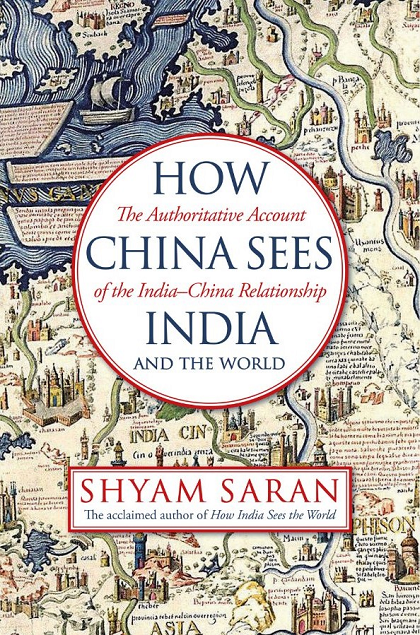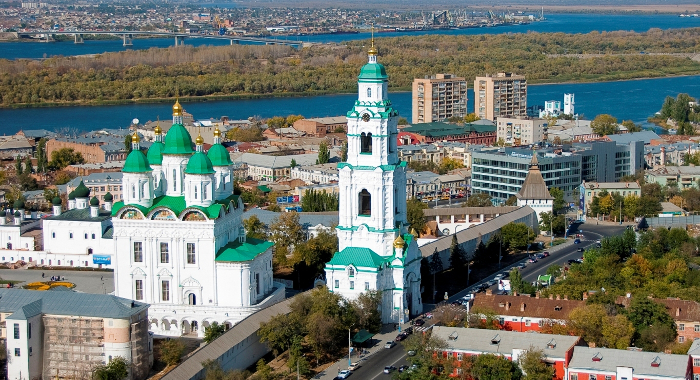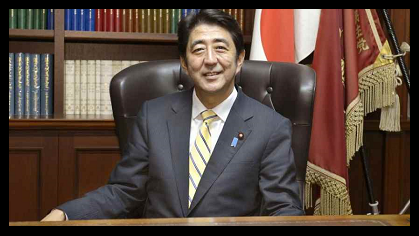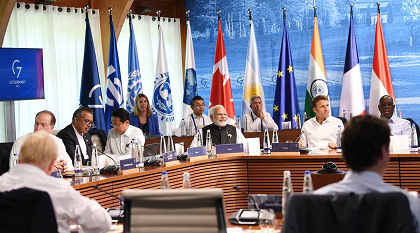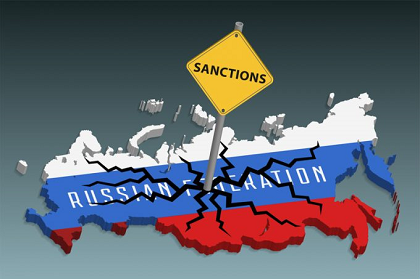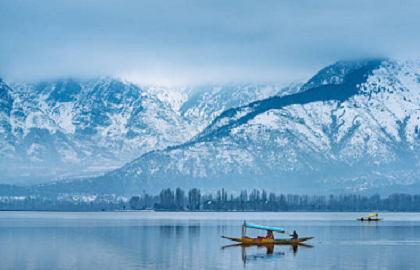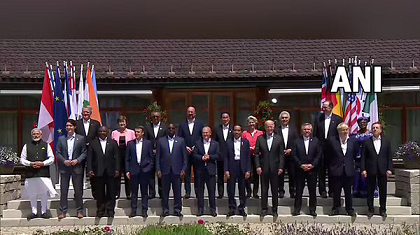India’s Data Security Challenges
India’s technology industry grew 15.5% during the pandemic, and so have the cyber-attacks on critical infrastructure and stealing of intellectual property (IP). While an exhaustive data protection bill introduced by MeitY is under consideration, India must study and can benefit from Japan’s existing data protection law to protect consumer privacy and implement cybersecurity measures.


